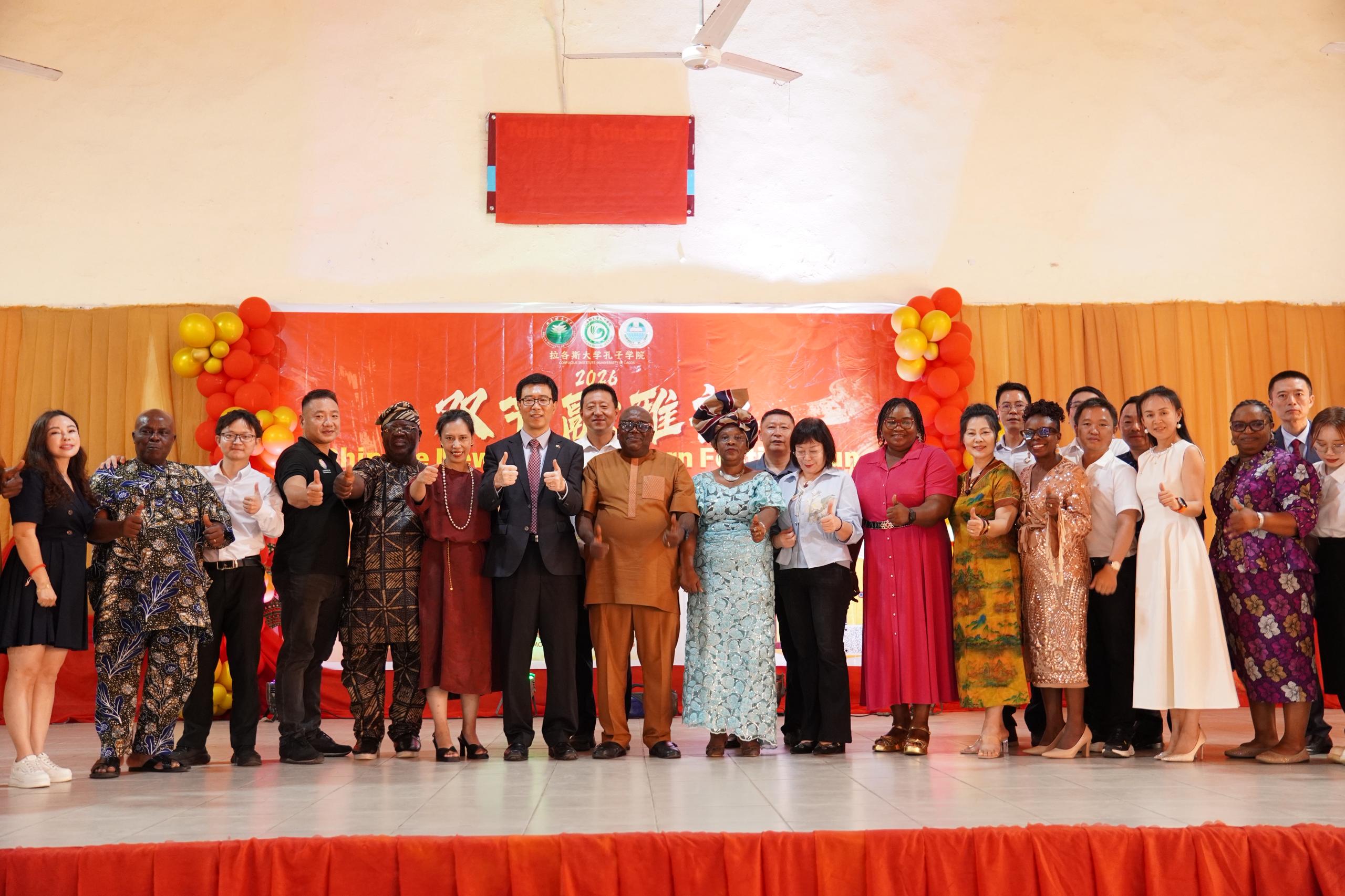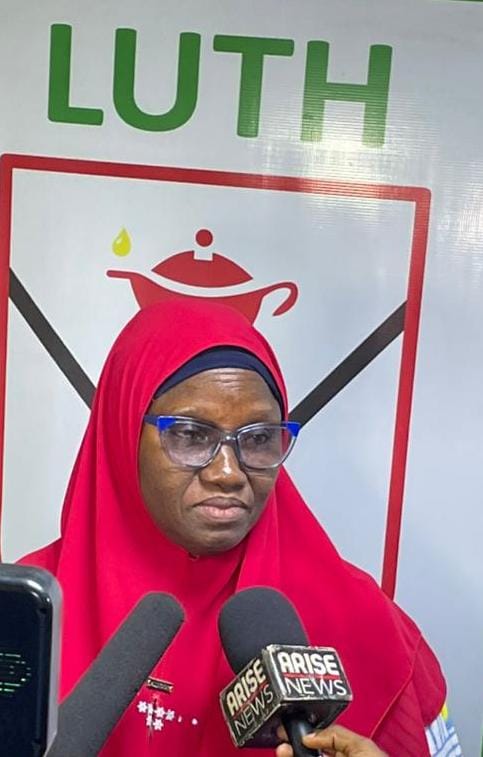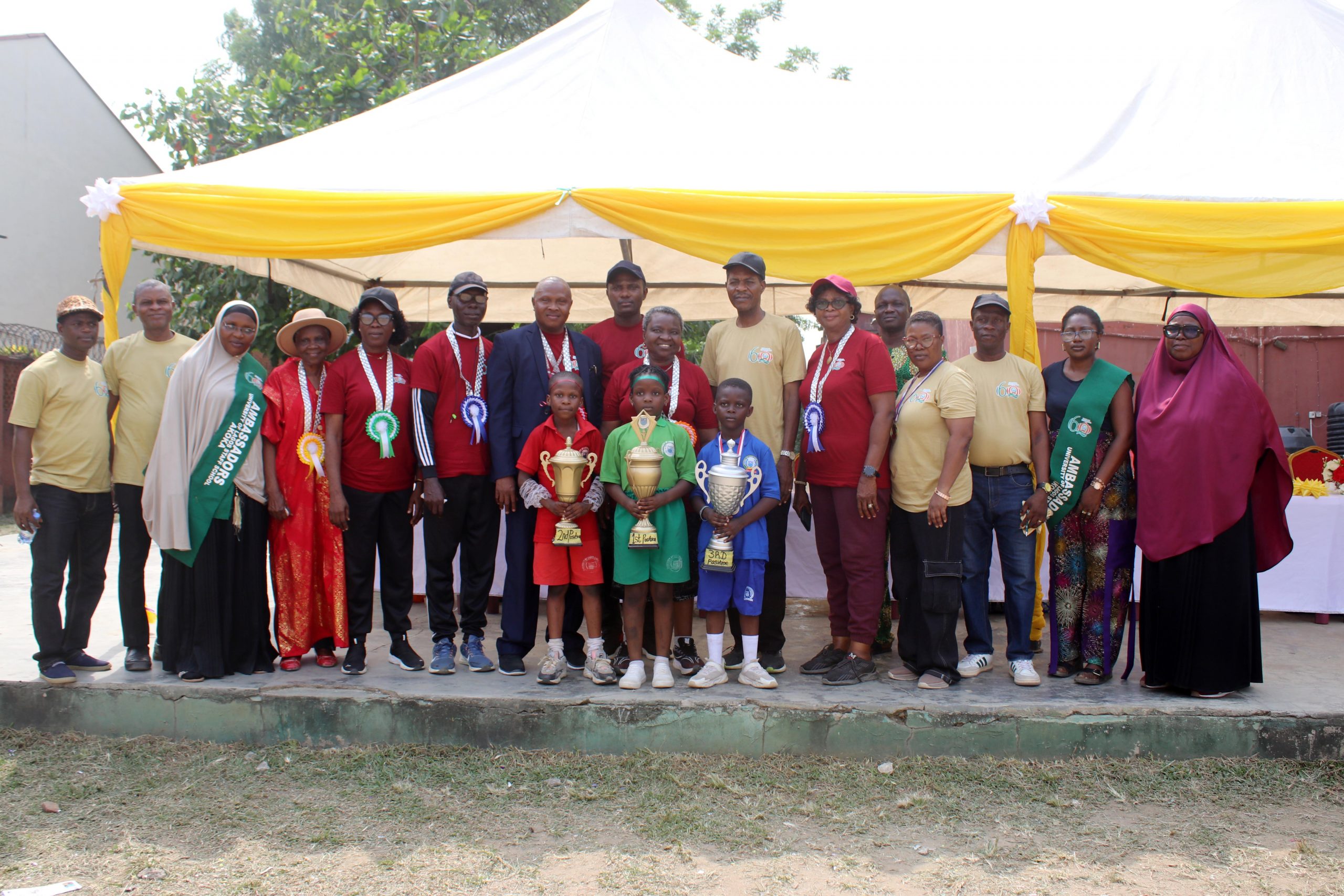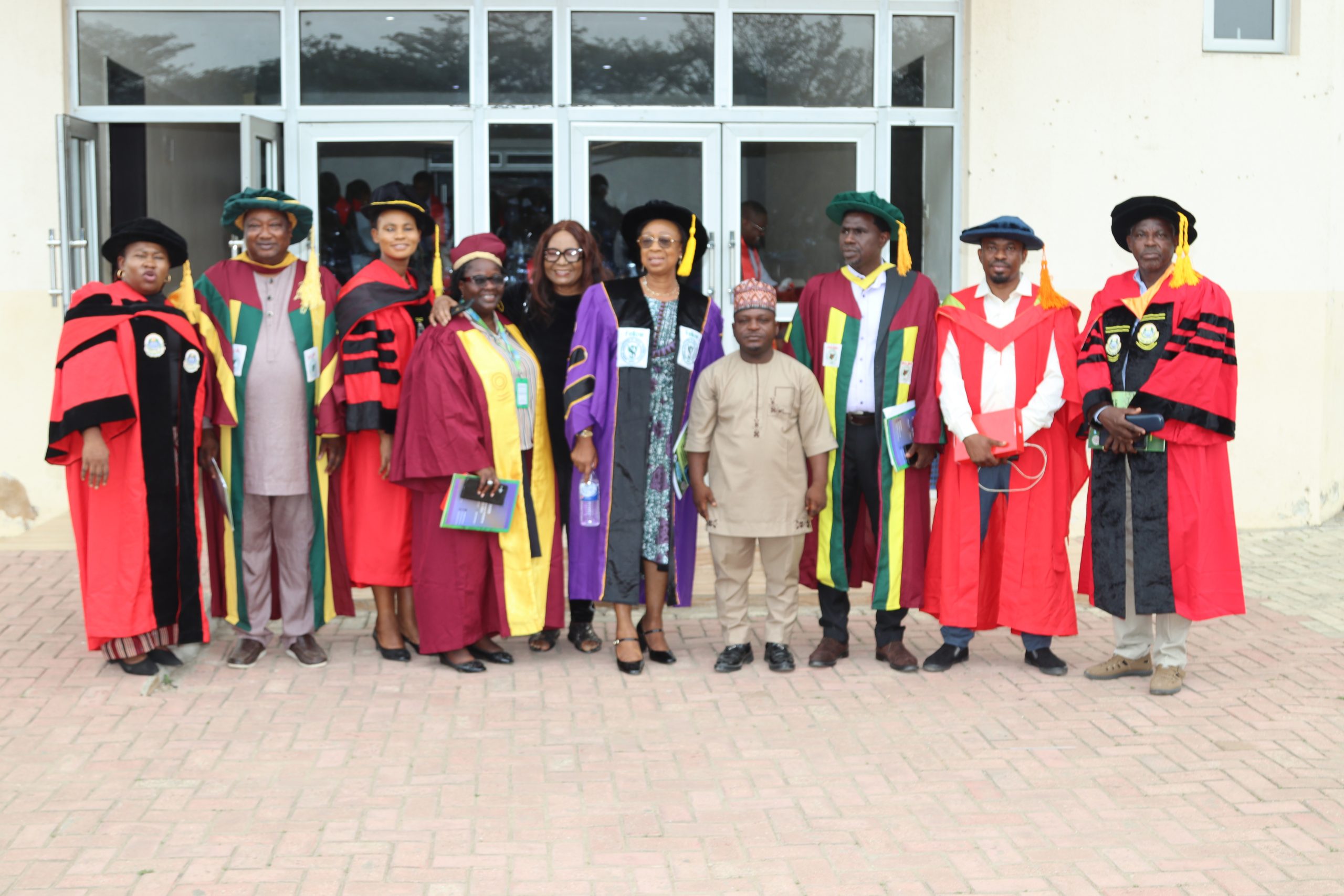The Department of Botany, University of Lagos (UNILAG) marked a spectacular milestone with its 60+1 Anniversary Celebration, held from Wednesday, October 8 to Thursday, October 9, 2025, at the Julius Berger Hall, UNILAG, Akoka. The two-day event highlighted the Department’s six decades of botanical brilliance, trailblazing research, and transformative impact on science and society.
Day one: Opening of Exhibition
The festivities kicked off on Day One with a captivating exhibition of the Department’s products and services, offering guests a glimpse into its rich contributions to science and sustainable innovation.
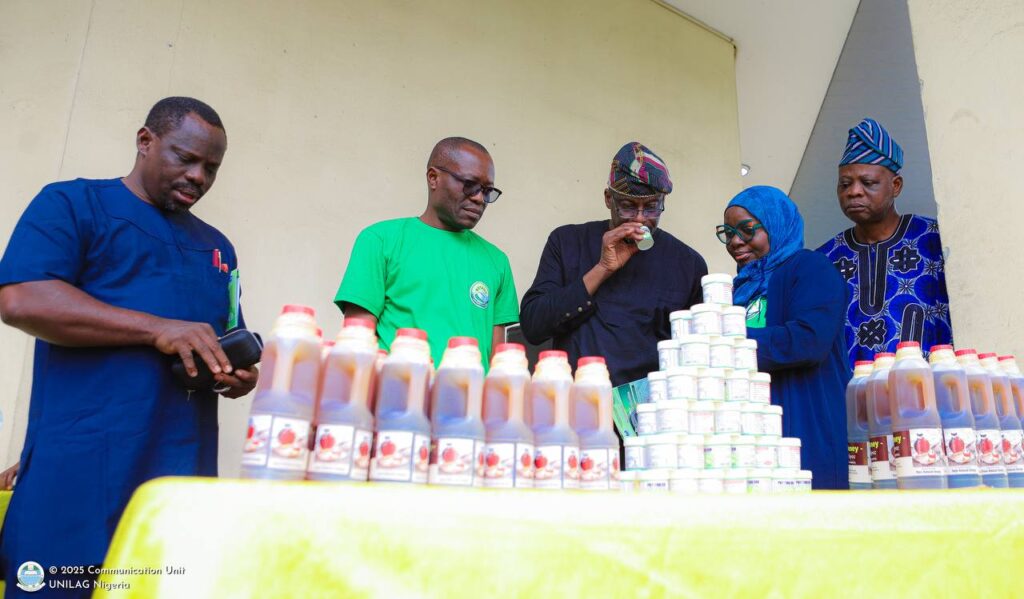
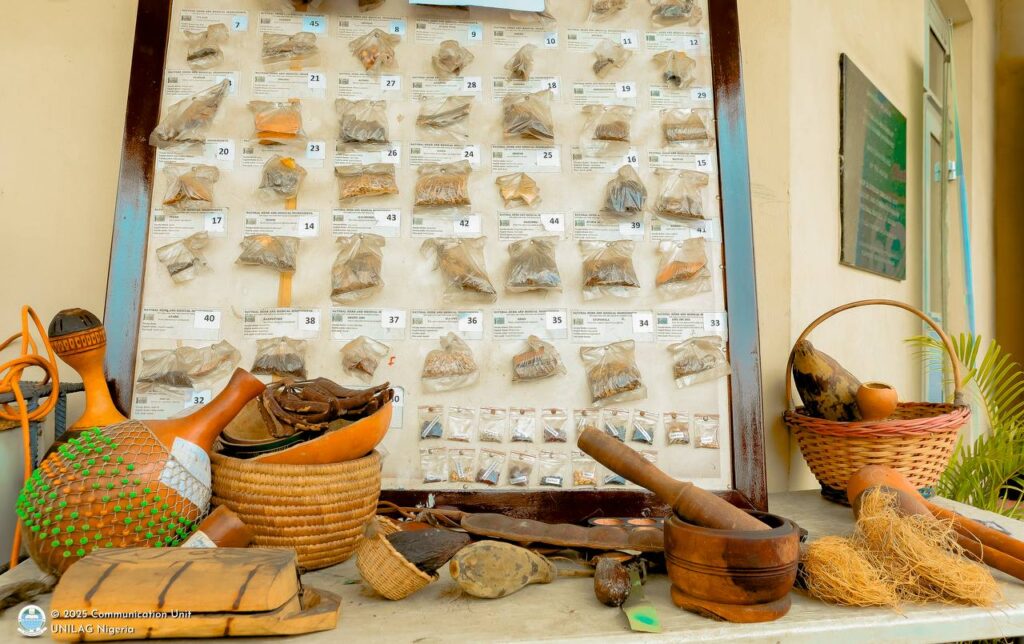
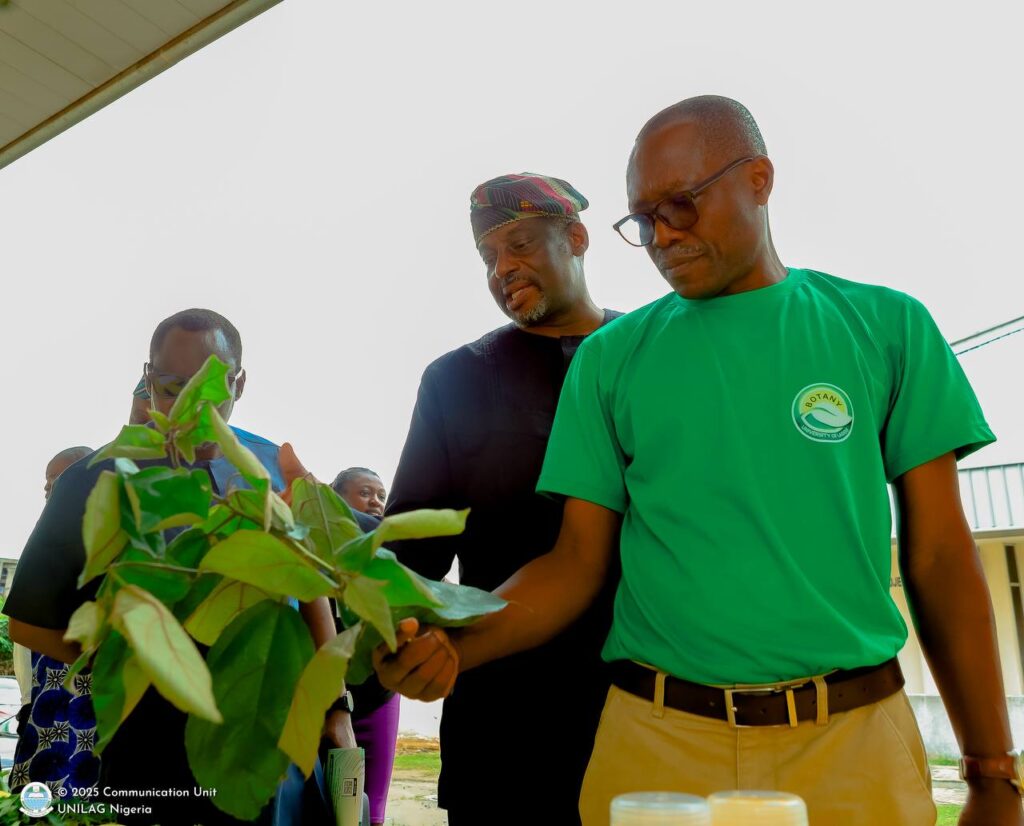
The event featured addresses from key figures including the Head of Department, Prof. Peter Adeonipekun; Dean of the Faculty of Life Sciences, Prof. Ganiyu Oyetibo and the Vice-Chancellor, Prof. Folasade Ogunsola, OON, FAS, represented by Deputy Vice-Chancellor (Development Services), Prof. Afolabi Lesi, and a former Head of the Department, Prof. Taofikat Adesalu. Their words echoed the Department’s legacy and its vision for the future.
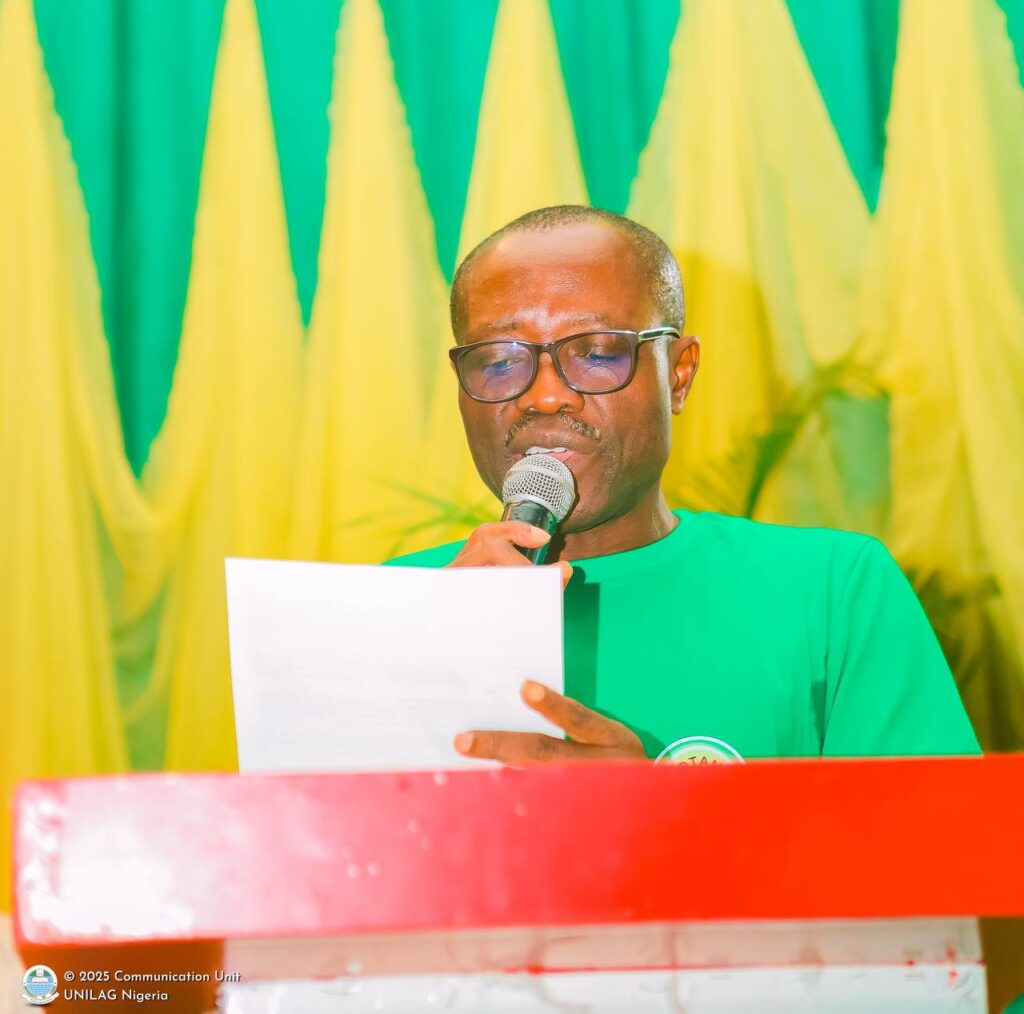
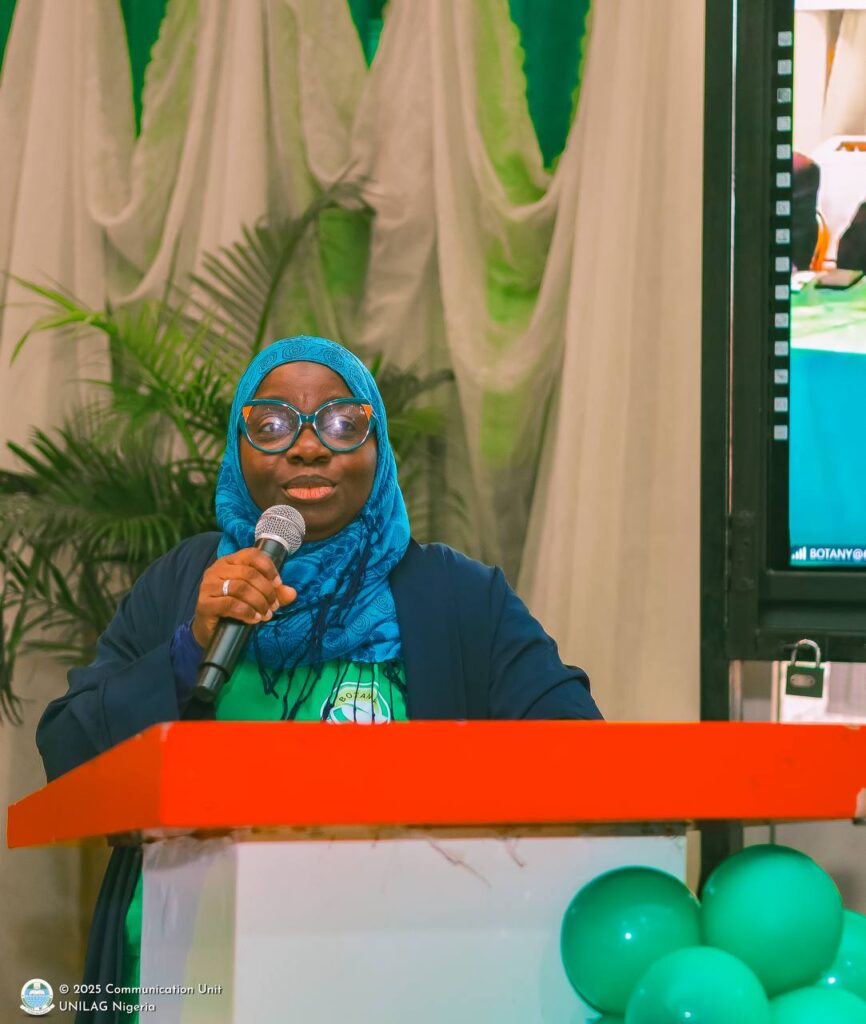

Day One also placed students of the Department in the spotlight through a green competition. Adding youthful brilliance to the event, students from various levels delivered presentations on botanical topics. Moyinoluwa Fasina and Ibukun Samuel Adigun delivered a heartfelt presentation titled The Botany I Know, painting a beautiful picture of how humans cannot survive without plants. However, the duo who represented Year 2: Deborah Isaac-Brown and Abdul-quadri Folaranmi Bakare, clinched the top prize with their compelling presentation on The Use of Algae as a Biofuel Source — a testament to the Department’s forward-thinking ethos.
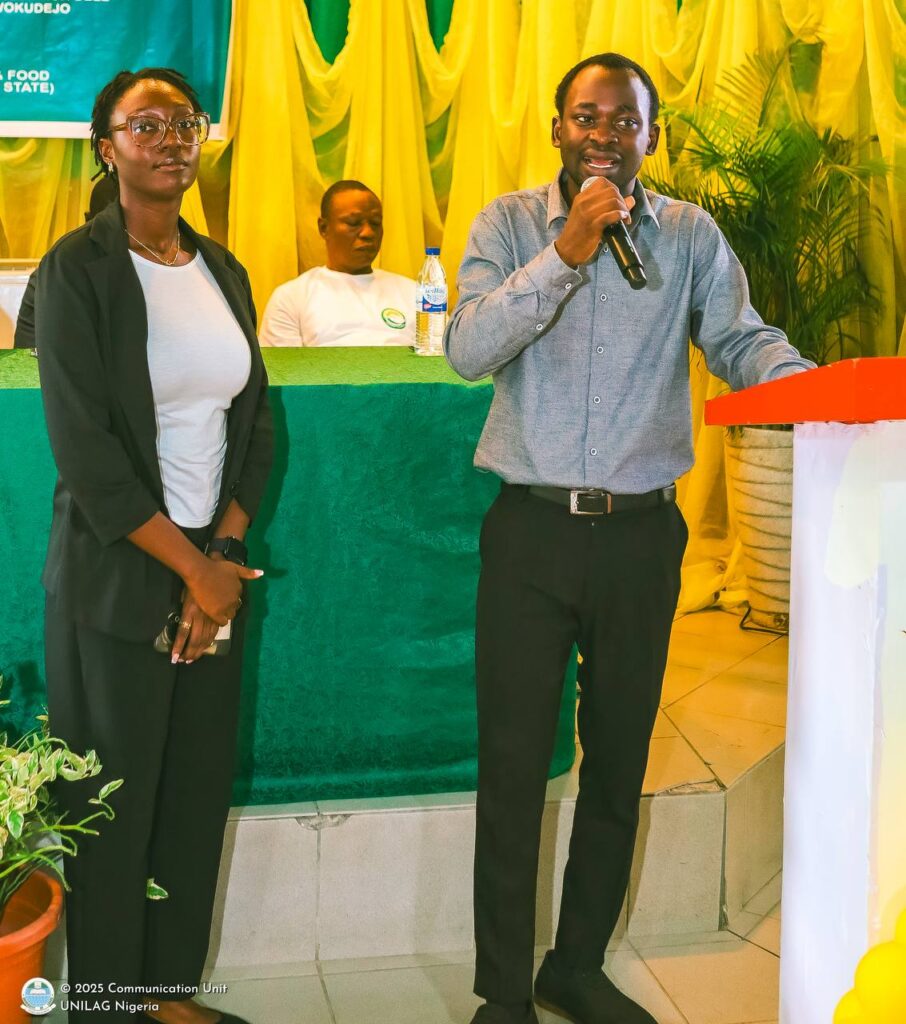
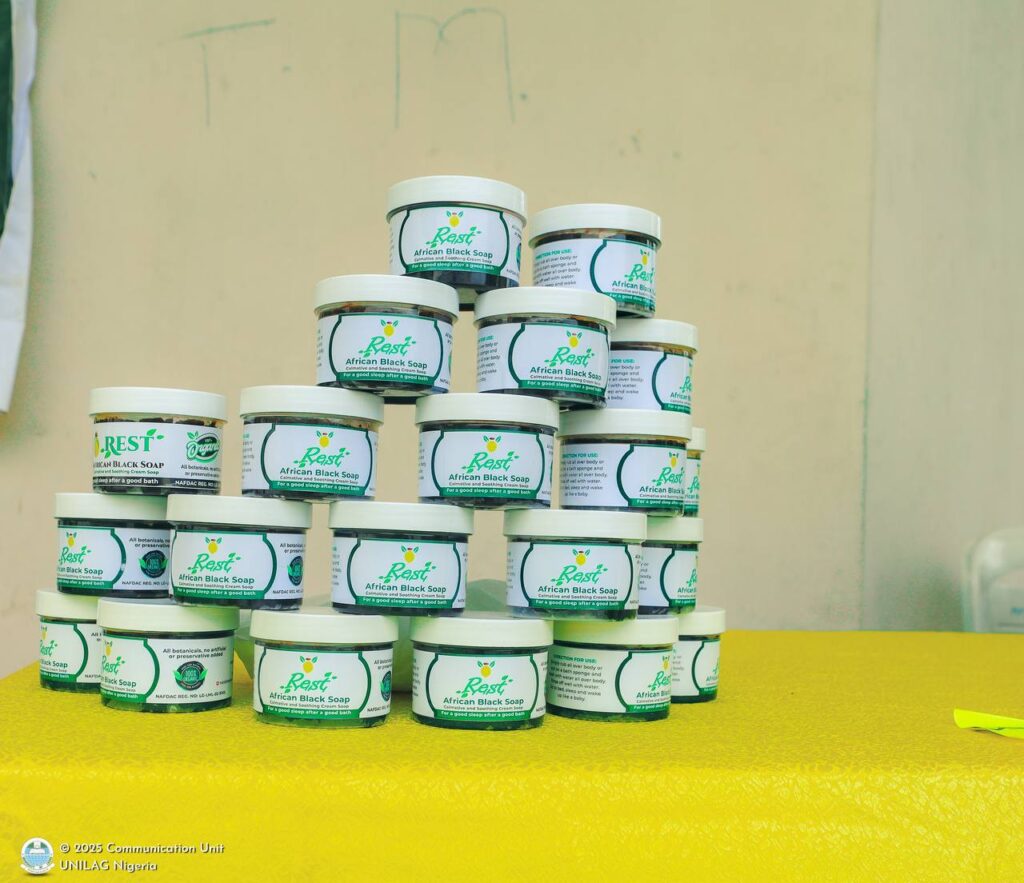
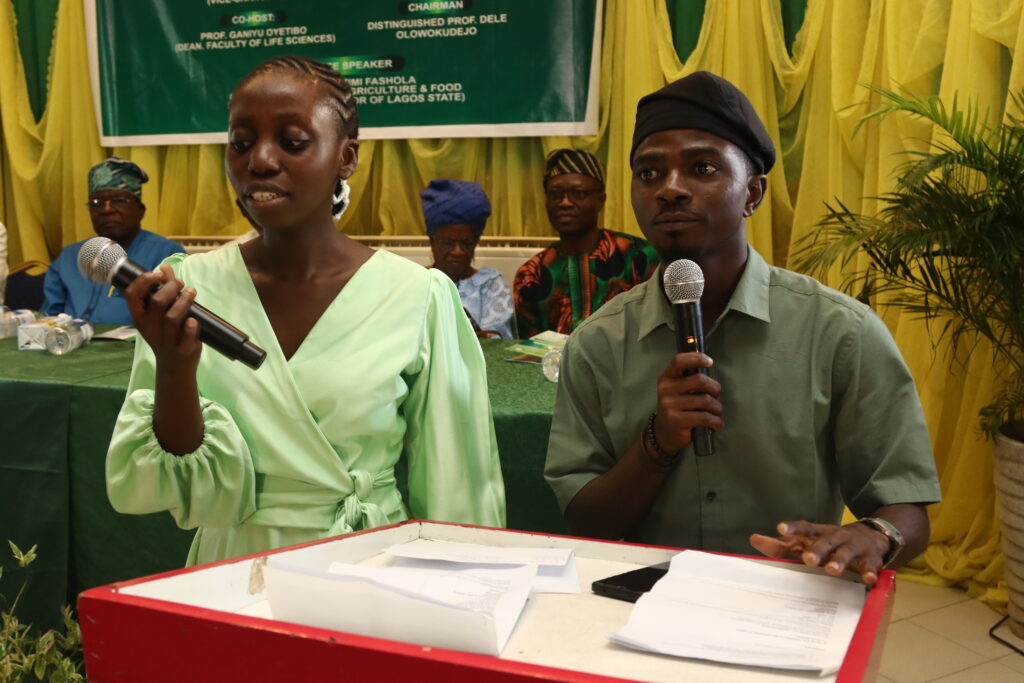
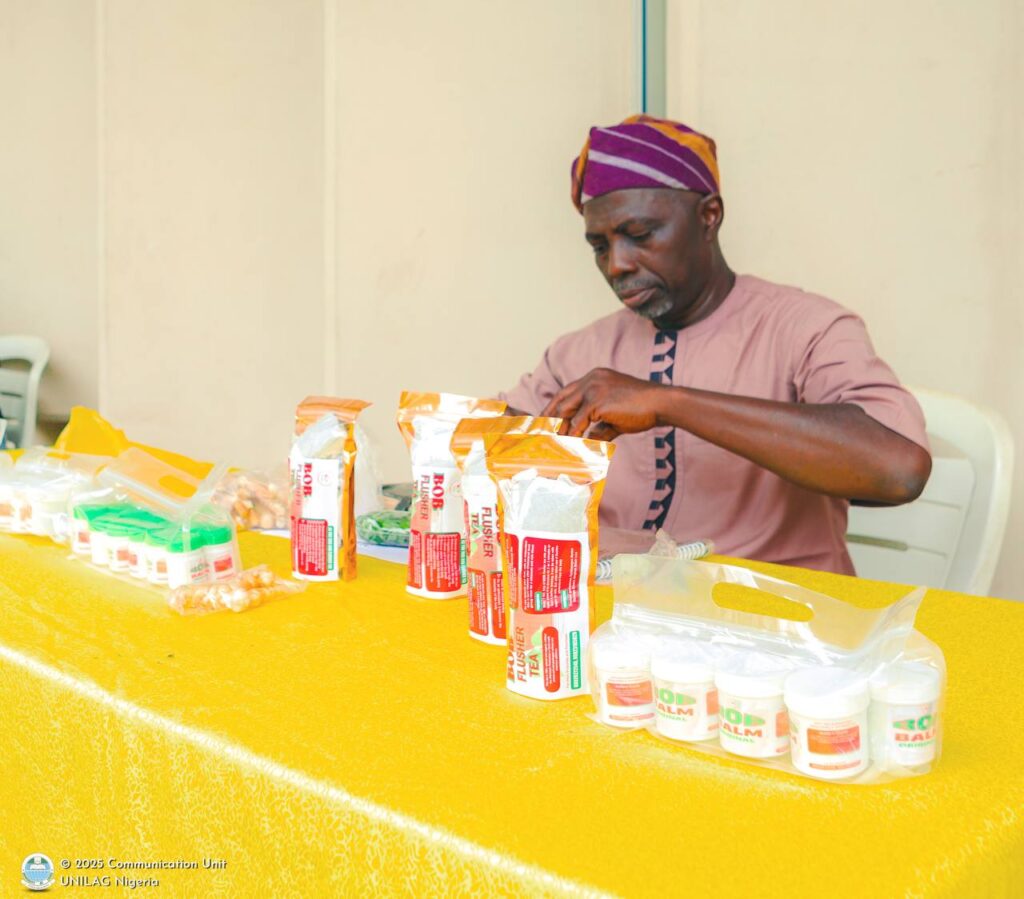
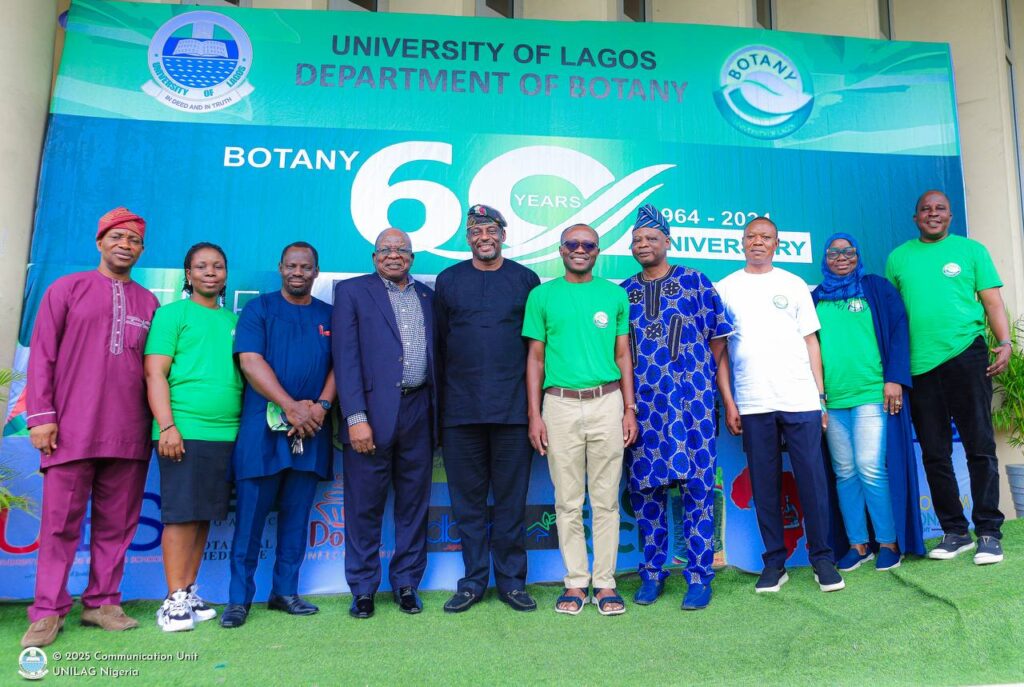
Botany: The Cradle of Crop Production
The celebration continued on Thursday, October 9, 2025 with pomp and pageantry, as the Special Adviser to the Lagos State Governor on Agriculture and Food Systems, Dr. Oluwarotimi Fashola, delivered the keynote address on Botany: The Cradle of Crop Production – Opportunities and Challenges (A Case Study of the Rice Value Chain).
Tracing Botany back to the beginning – the Book of Genesis, and highlighting the profound importance of plants, Dr. Fashola noted that botany was far more than the scientific study of plants. He noted that it was the foundation upon which agriculture, medicine, biotechnology, climate resilience, and food systems are built.
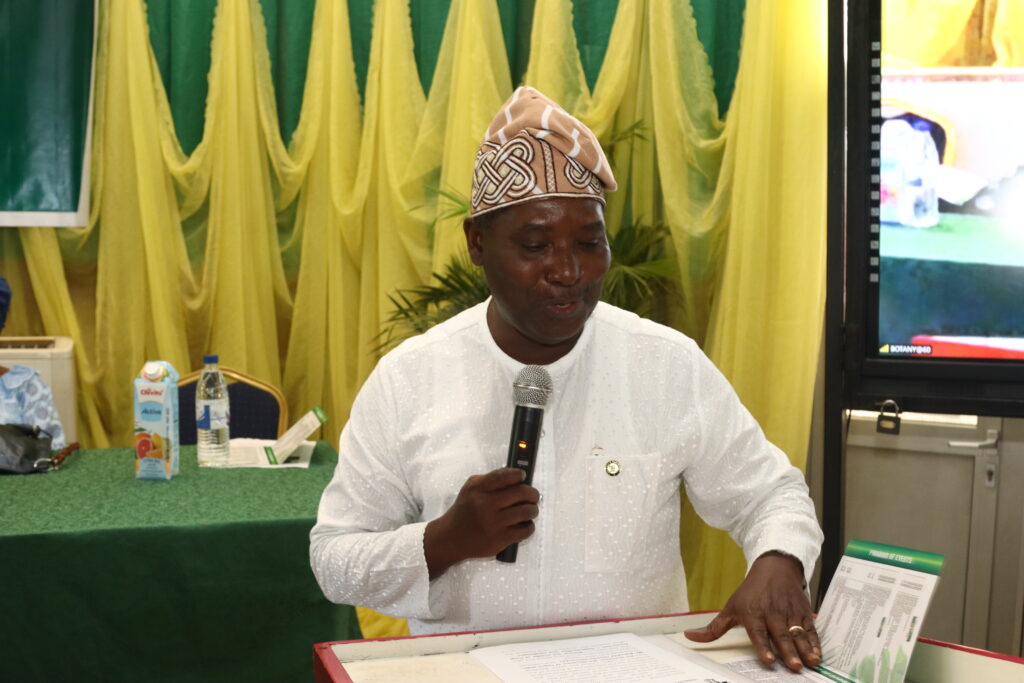
While pointing out the growing need for green spaces in Lagos, Dr. Fashola commended the University of Lagos for maintaining its Biological Garden. He also proposed “the establishment of a robust public-private partnership; one that will involve non-governmental organisations, companies, government agencies, and community stakeholders; to transform the UNILAG Biological Garden into a reference for excellence, a place not only for research but for recreation, learning, and healing.”
Using rice value chain as a case study, he disclosed how Lagos state government has designed a resilient, sustainable, and food system with the help of the science of plants – botany. Congratulating the staff, students, alumni of the department for the 60+1 years milestone, he wished the Department another 60 years of greater impacts, achievements, global collaborations, cutting-edge discoveries, and sustainable solutions that would not only improve lives but truly transform nations.
A Call to Innovate and Embrace Forensic Botany
In a compelling Anniversary Talk titled “Botany @ 60 – The Impact, Challenges and Future”, retired Professor of Botany and Chairman of the occasion, Distinguished Professor James Dele Olowokudejo reflected on the Department’s rich history, highlighting its contributions to manpower development, groundbreaking research, and global academic recognition.
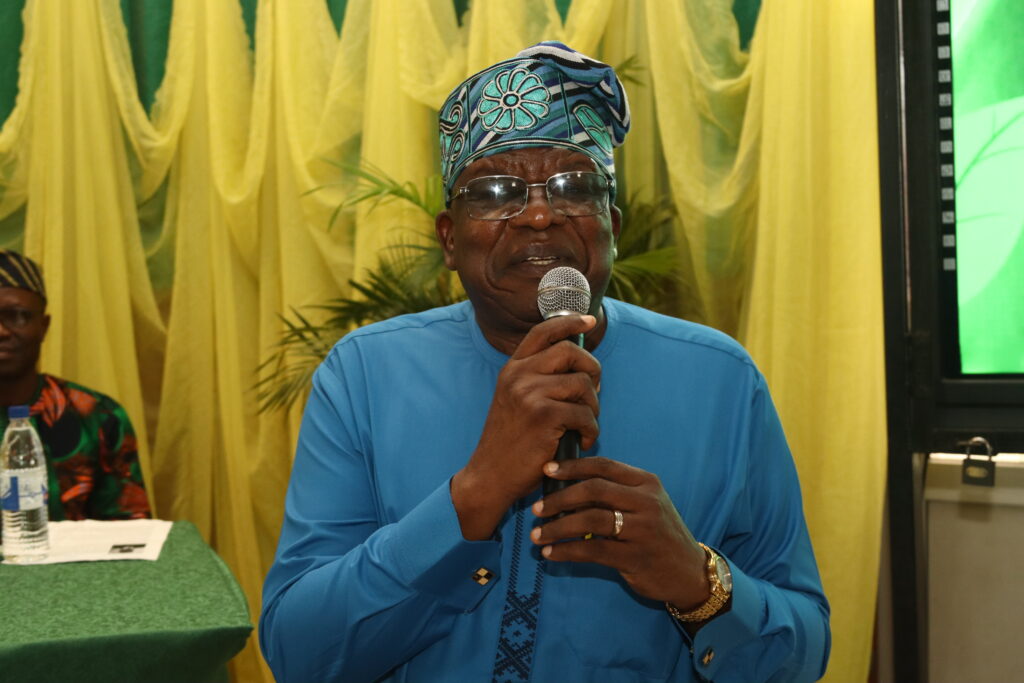
He, however, advocated for the promotion of Forensic Botany in Nigerian universities. According to him, botanists would be key actors in Forensic Botany, a field of science which applies the knowledge, techniques, and study of botany to legal matters.
Prof. Olowokudejo emphasized the need for curriculum reform, stronger industry partnerships, and investment in infrastructure to meet the evolving demands of science and society.
A Beauty to Behold
The celebration was also filled with memorable moments, speeches and goodwill messages from the Head of Department, Prof. Peter Adeonipekun; the Mother of the Day, Retired Prof. Saida Mabadeje; immediate past UNILAG Vice-Chancellor and current Pro-Chancellor, Redeemer’s University, Prof. Oluwatoyin Ogundipe, FAS; Dean, Faculty of Life Sciences, Prof. Ganiyu Oyetibo; Dean, Faculty of Computing and Informatics, Prof. Adewale; an alumni of the Department and representative from Energia Limited, Mr. Temitope Daramola; a retired secretary of the Department, Mrs. Victoria Akinyele; President of National Association of Botany Students (NABOS), Iyanda Babajide Timileyin; and Dr. Khadijat Subair on behalf of Botany alumni.
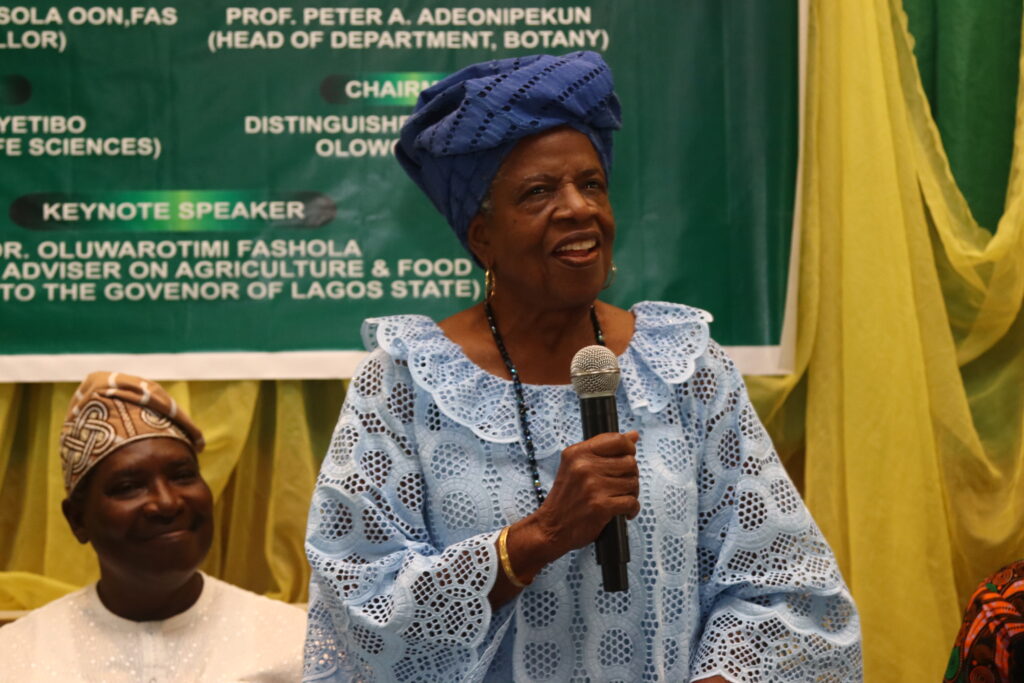
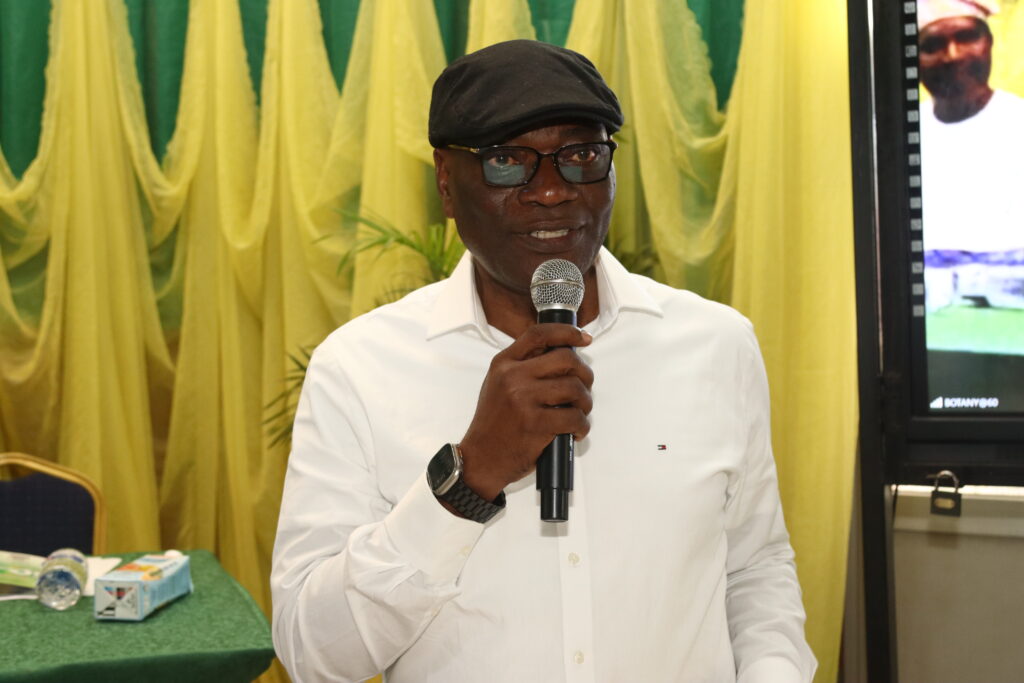
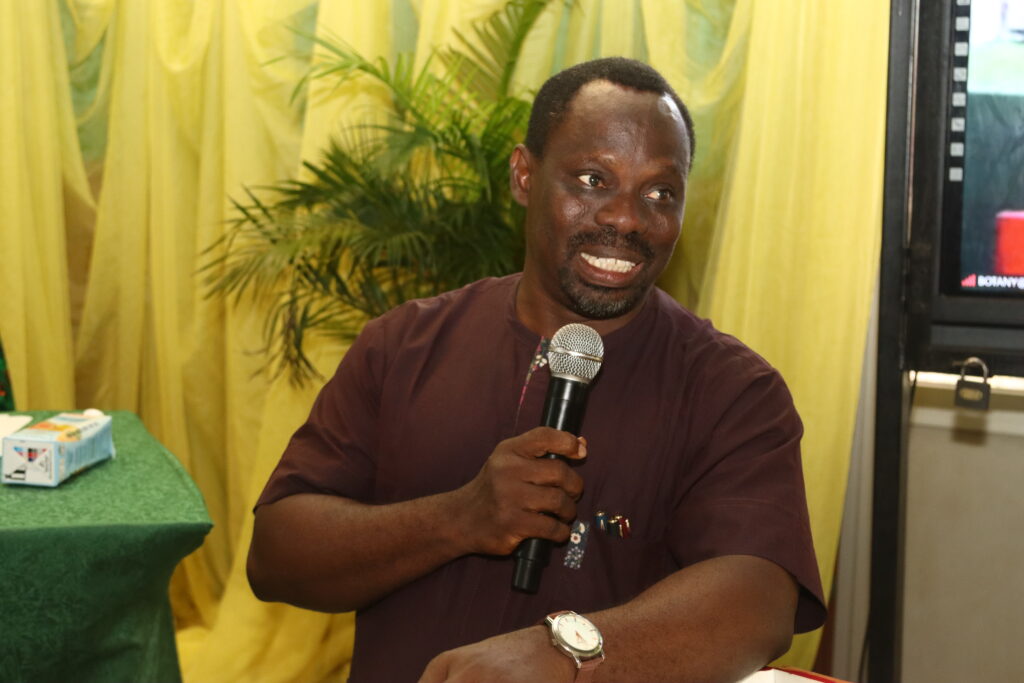
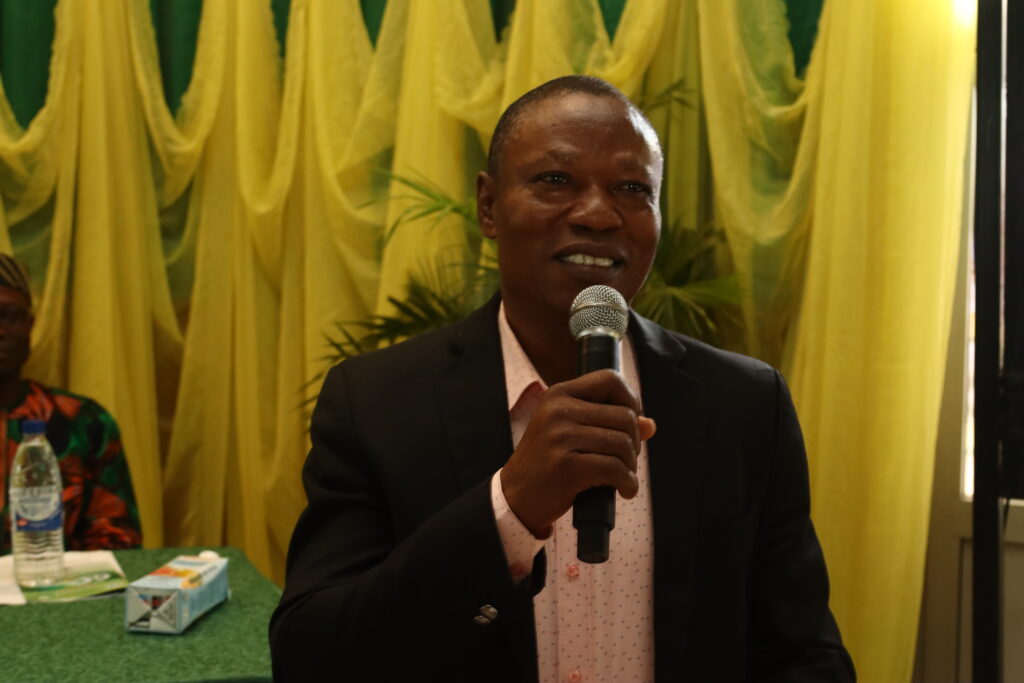
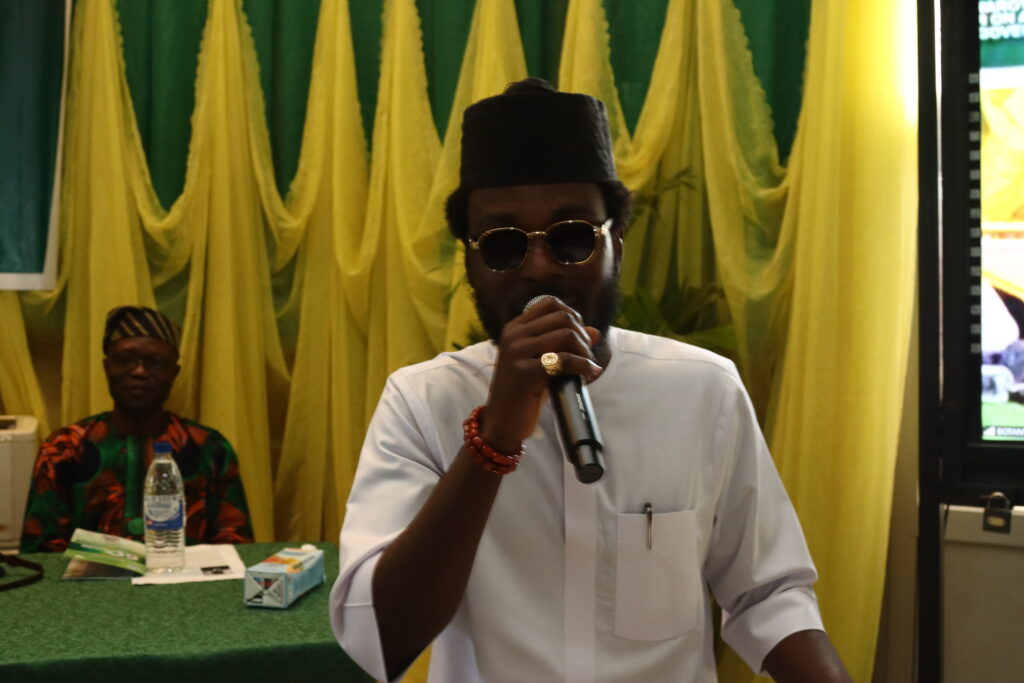
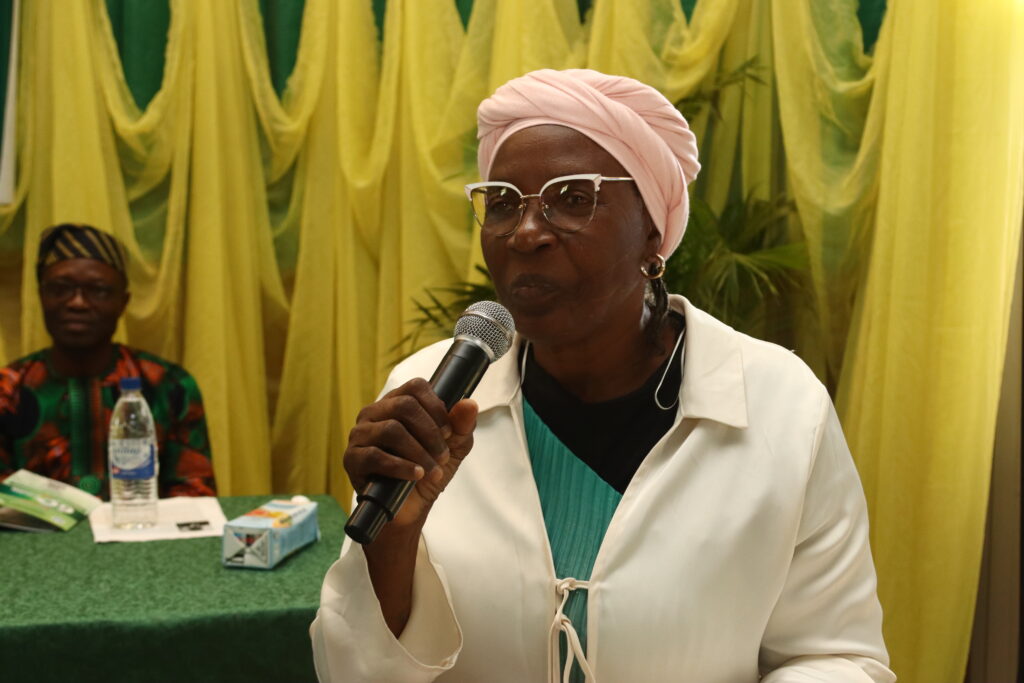
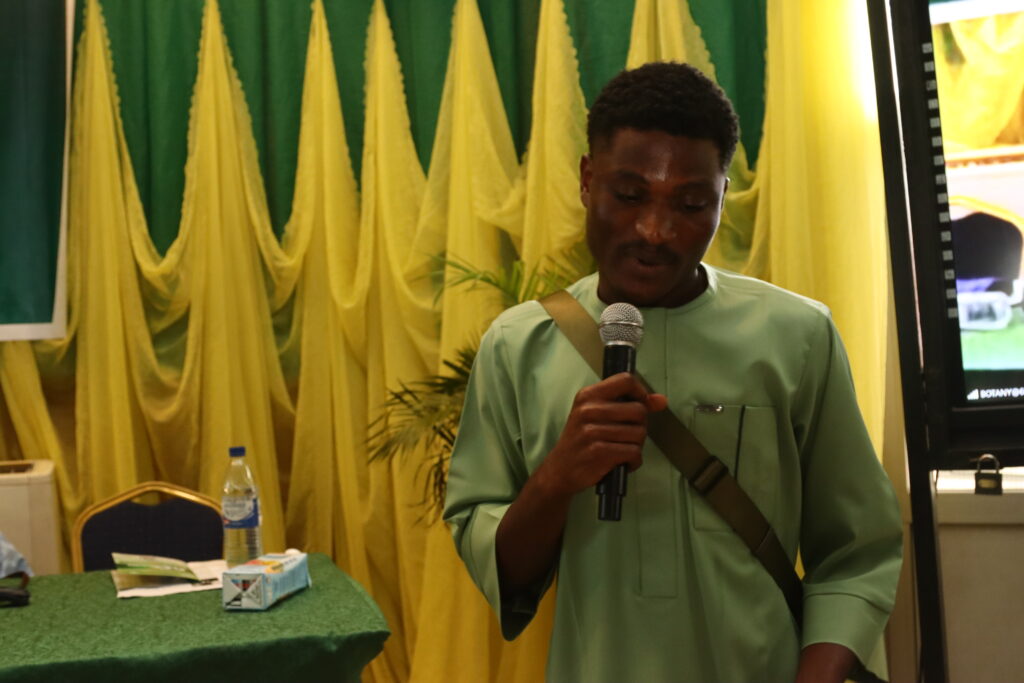
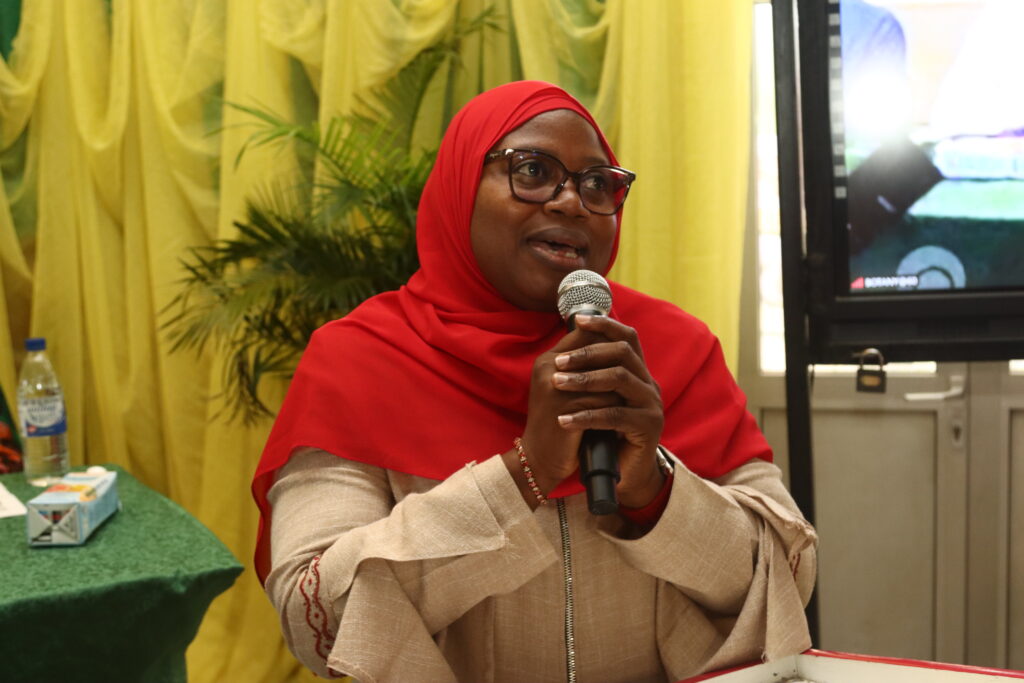
It featured a virtual tour of the Department, the official launch of the UNILAG – Bioconservation Centre, and a presentation on The Use of Algae as a Biofuel Source by two 200 level students of the Department – Miss Deborah Isaac-Brown and Abdul-quadri Folaranmi Bakare.
The highpoint of the event was the presentation of awards to distinguished guests, past Heads of Department, students, sponsors of the anniversary celebration, and retired non-teaching staff of the Department – Mrs. Victoria Akinyele and Mr. Adebola Salau.
At the end of the festivities, the former Deputy Director of the School of Foundation Studies, UNILAG, Prof. Temitope Onuminya gave a resounding vote of thanks which captured the gratitude of students, staff and alumni of the Department.
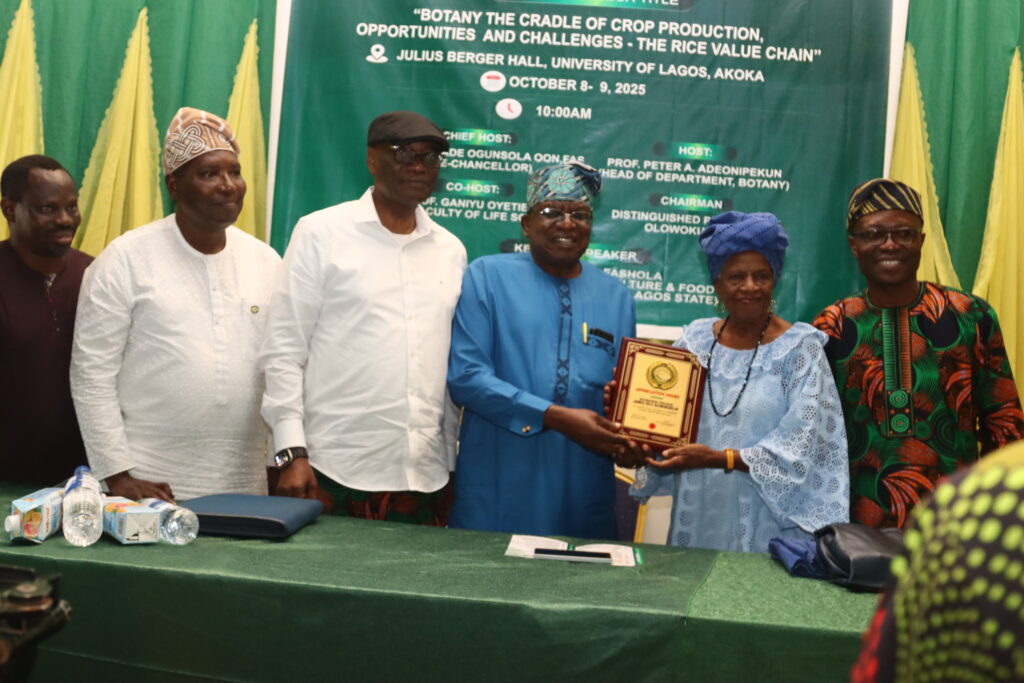
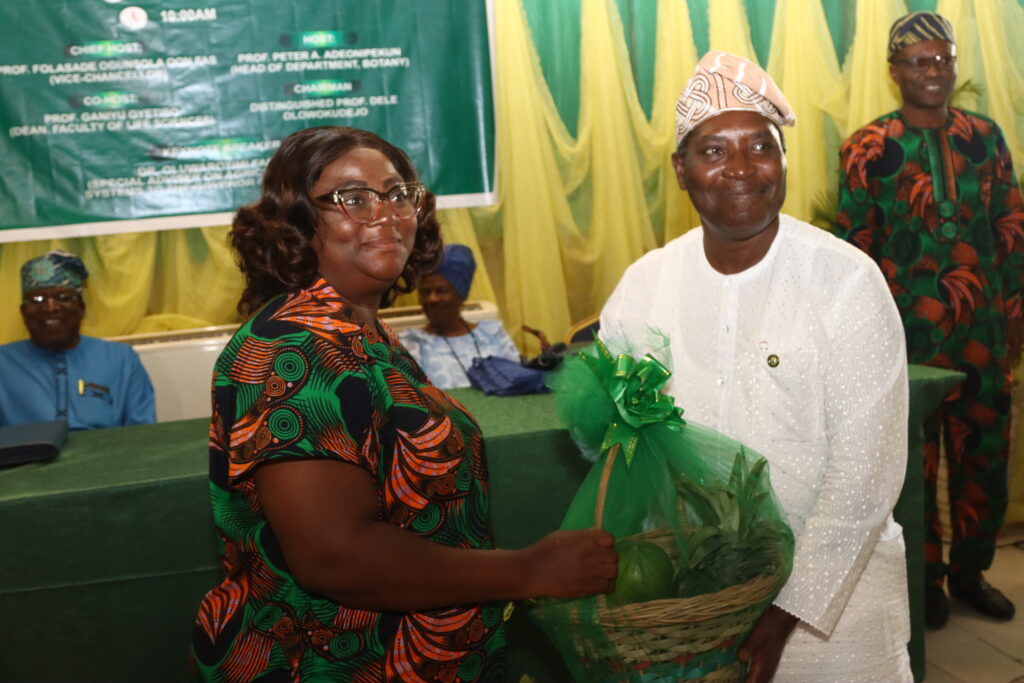
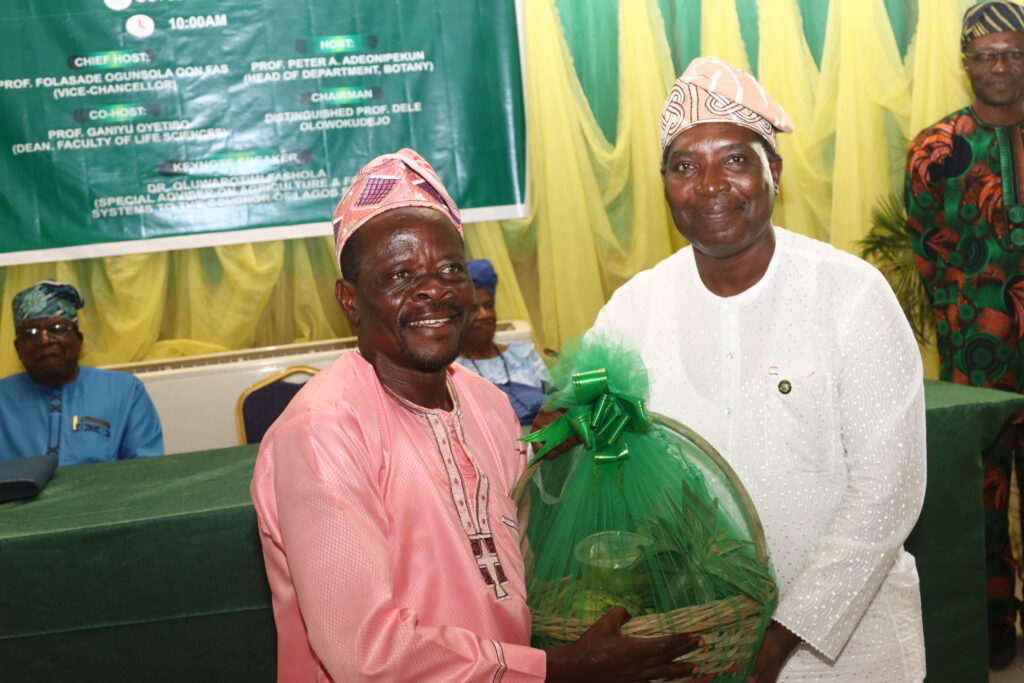
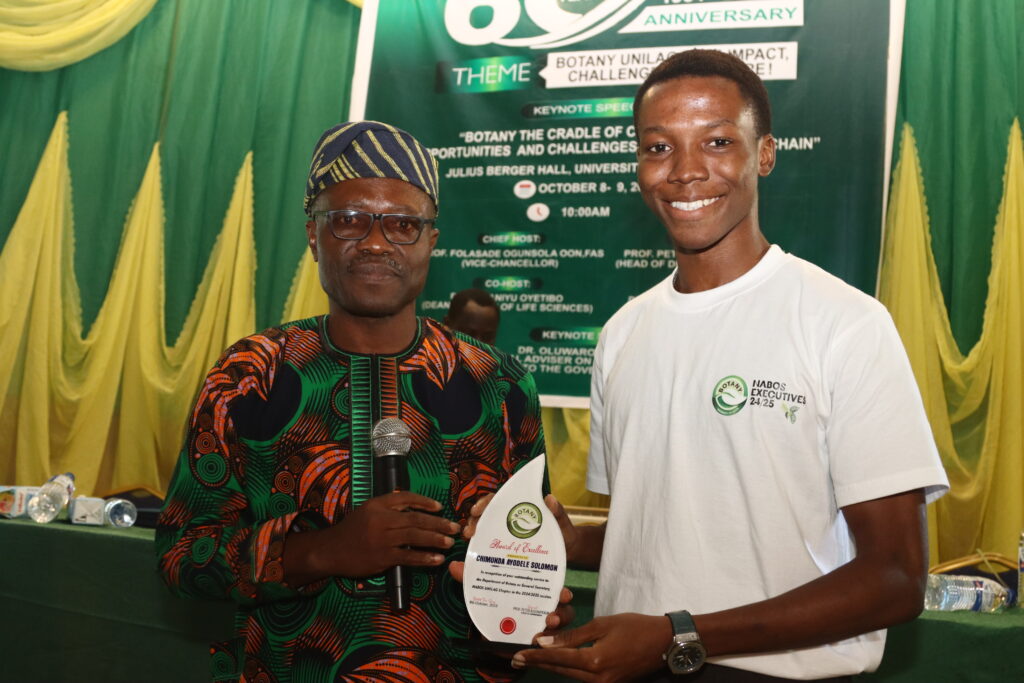
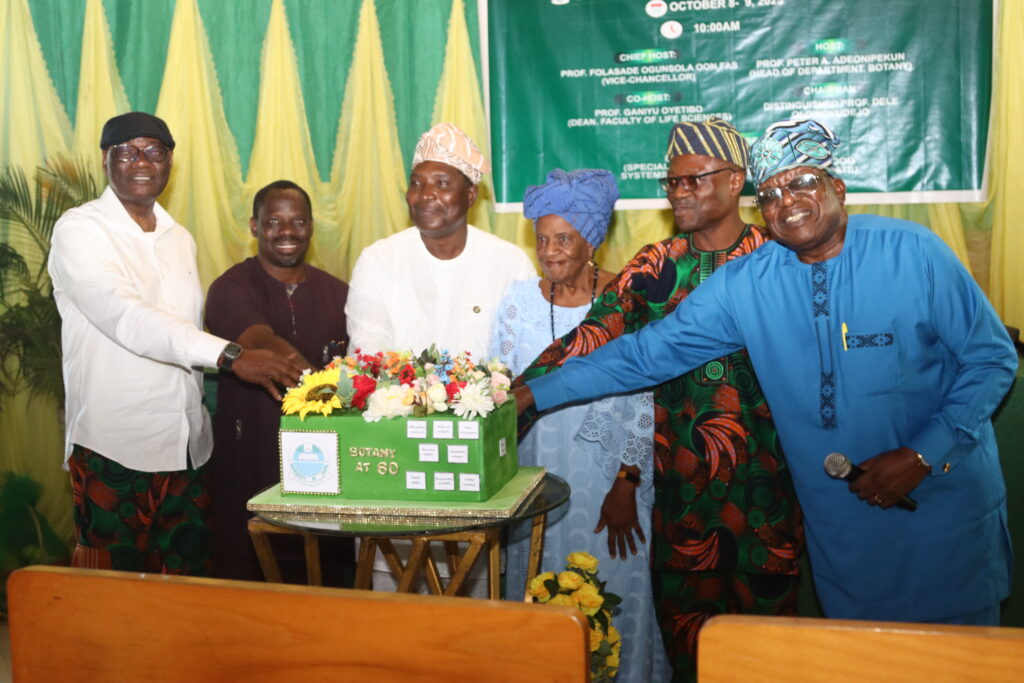
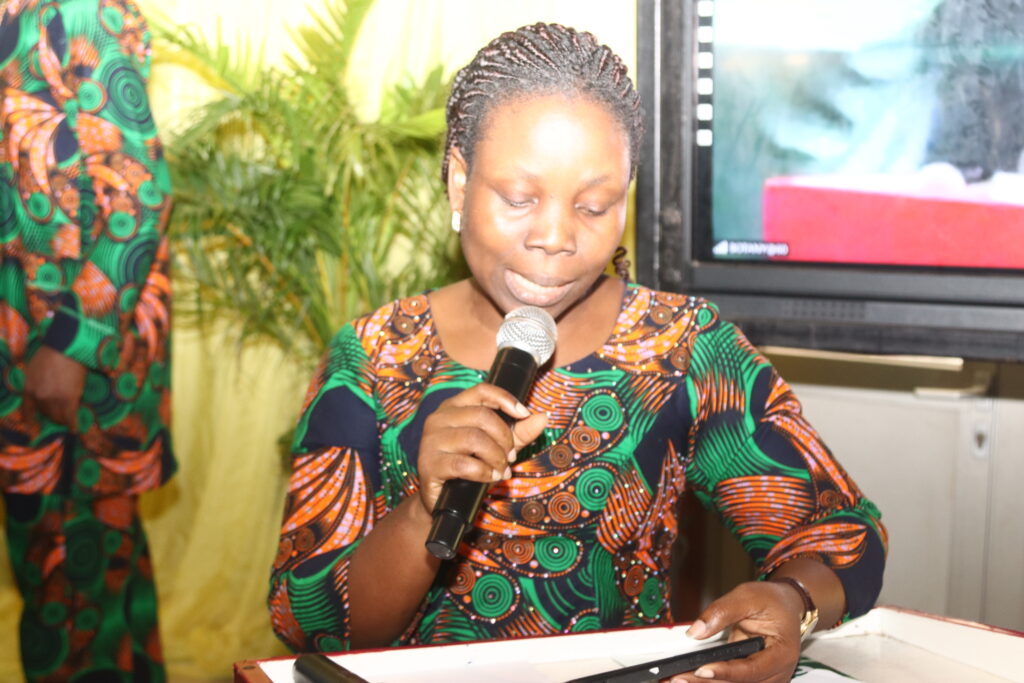
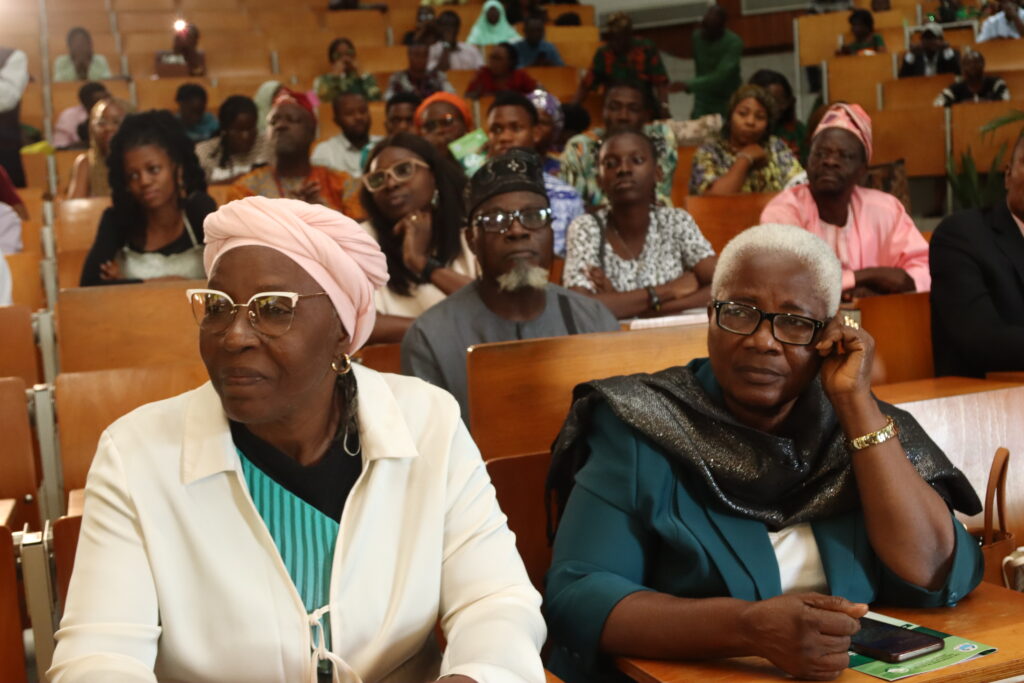
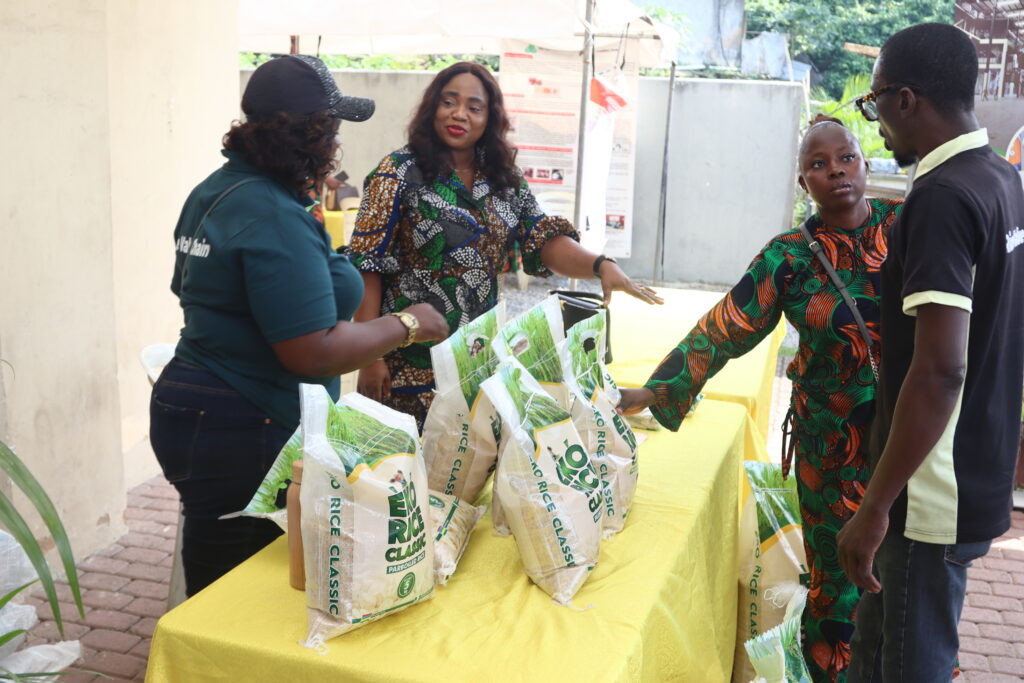
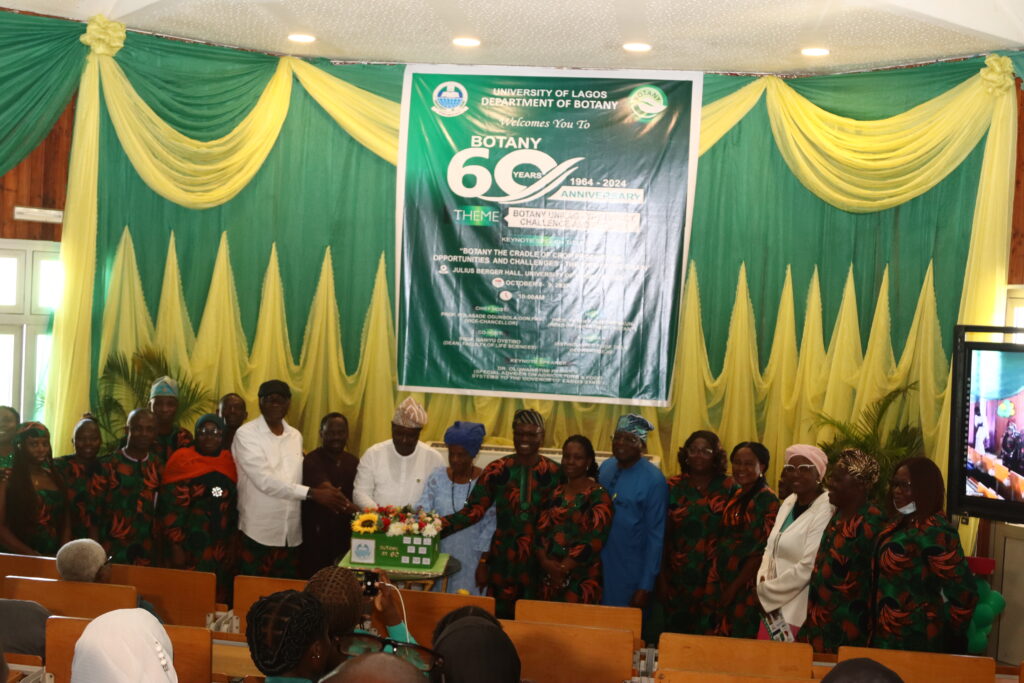
About Botany @ 60
The 60+1 celebration was more than a celebration, it was a joyful reunion of staff, students, and alumni, united by a shared passion for plants, progress, and purpose.
Established in 1964, the Department of Botany, formerly in the Faculty of Science, now thrives within the Faculty of Life Sciences. The Department is poised to continue with its mandate to shape the future of environmental conservation, food security, and scientific advancement.
Author: Ndidi J. Odinikaeze
Photographers: Ayo Oloyede & Samuel Dosumu


